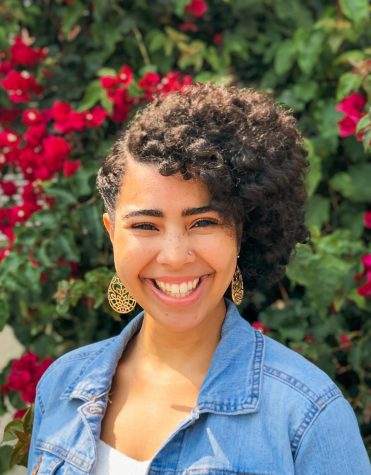Washington D.C. is home to our nation’s capital—the seat of power in the United States. But beyond the historical monuments, museums and granite buildings live about 705,000 people. Residents in the district have regular families, jobs and lives—and there are in fact more people living there than in the state of Vermont, and in the state of Wyoming. The District of Columbia has a population comparable to states like Alaska and North Dakota, yet, these states get some important things that Washington D.C. does not—two senators and multiple representatives in the House.
“TAXATION WITHOUT REPRESENTATION”
Residents of the District of Columbia, according to Delegate Elenor Holmes Norton, pay the highest federal taxes per capita in the country. They are fully citizens of the United States, as they pay taxes, can vote and join the military. However, the district does not have any voting power in Congress. Norton can draft legislation alongside other members of Congress, but she cannot vote—even if the legislation directly impacts the region she represents.
This is an affront to democracy. Over 700,000 people within the boundary of our nation do not have proper representation in the House or Senate, making them vulnerable to the whims of other members of Congress. Additionally, Black and brown people hold the overwhelming majority of the population in the district. Therefore the issue of Washington D.C.’s statehood is not just a matter of democracy, but one of racial justice.
UNPROTECTED
The pandemic has not spared them either, and 1,053 D.C. residents have lost their lives to COVID-19 as of March 24. Despite this, when the CARES Act was passed last March, the district only received $500 million. Every other state got at least $1.25 billion. Washington D.C. Mayor Muriel Bowser hoped this was an oversight, but Democratic Sen. Chris Van Hollen of Maryland found out that this was actually an intentional move to “shortchange” the people of Washington D.C. Both him and Bowser called this inequity “shameful.”
Although Van Hollen said that senators from surrounding states do their best to advocate for the residents in the capital, the fact remains that the district should have its own representation in Congress. Bowser pointed out that every state with two senators got an equitable amount of funding, and that is part of the reason why they fight for statehood.
RENEWED REPUBLICAN PUSHBACK
Norton has attempted to push for statehood over the past 30 years, but just this week the House passed H.R. 51, as Democrats hold the House majority and are in favor of adding a 51st state. But the majority of Republicans appear to be opposed. Rep. James Comer, R-Ky., cited the move as “unconstitutional” and a “radical leftist agenda” to gain more power in the Senate.
It is not “unconstitutional.” True, the process to make the District of Columbia a state is complex and would require a repeal to the 23rd Amendment and the possible addition of another constitutional amendment, but that is worth it to give the residents the representation they need. If this bill does pass in the Senate, the necessary precautions should be taken in order to ensure that the district does not hold a disproportionate amount of power.
The district has been affectionately referred to as “Chocolate City,” as it was the first majority Black city in America. Gentrification has taken its toll on the Black community in Washington D.C., but the legacy still lives on. At this point, it appears as though Republicans would deny congressional representation to a historically Black and brown city out of fear of losing power. That is unjust.
“Let’s fight back against the cries that we’re too liberal or we’re too black or there are too many Democrats,” Bowser said. “Who we elect is our business, and the business of America is to make sure that each person is represented fully in this House and in the Senate of the United States of America,”












